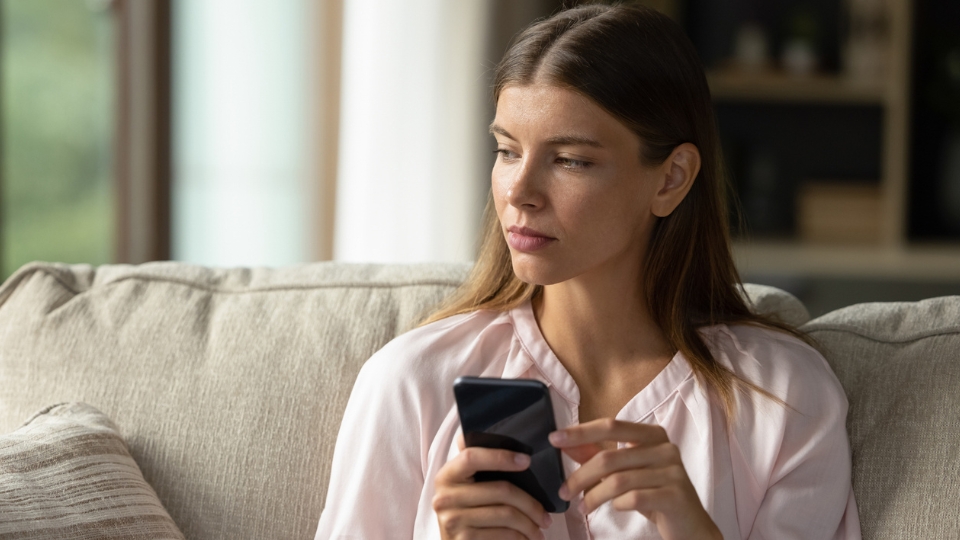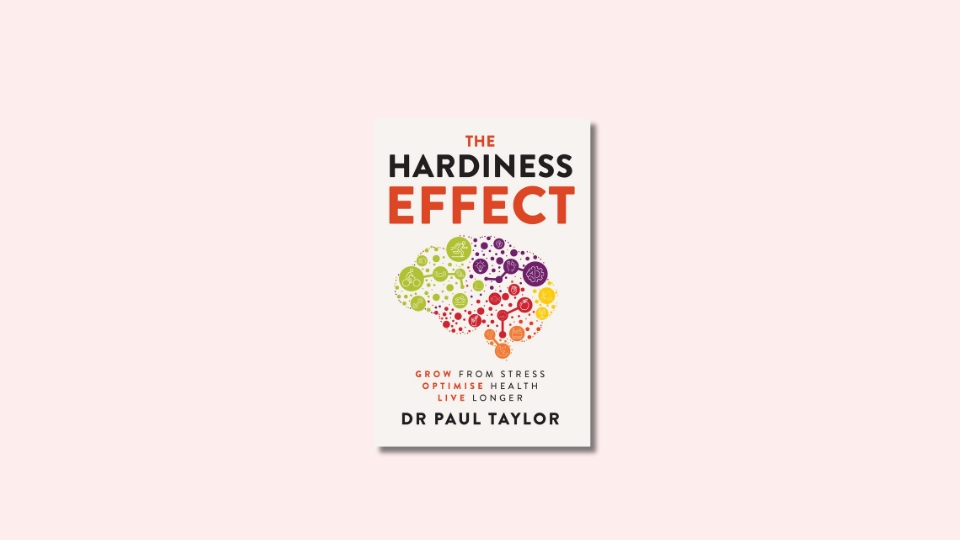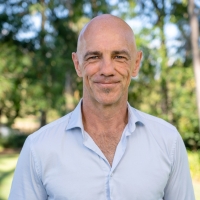Stop watching, start living: Reclaim your life from screens
Guest Writer | November 24, 2025

When I ask people what they value in life, many respond with platitudes about family, career, or health and fitness – yet their daily habits tell a different story. If I were to chart their week by hour, I’d likely see more time spent on streaming services and social media than on activities aligned with those supposed commitments.
This isn’t a simple case of hypocrisy – it’s a symptom of a deeper disconnection that’s driven by our dopamine-fuelled world of instant gratification. The commitment component of hardiness isn’t about what you say matters to you; it’s about how fully engaged you are in your life, how deeply you connect with a sense of purpose, and how actively you invest in your own wellbeing.
These three elements – an engaged presence, meaningful purpose and self-stewardship – form the foundation of a commitment orientation that builds psychological strength and resilience.
The real business of living
When the hell did the purpose of life become about being entertained?
Somewhere along the way, we’ve sleepwalked into a bizarre arrangement where too many of us spend the majority of our free time within the confines of four walls, faces illuminated by glowing rectangles, consuming content created by others.
According to DataReportal, the average adult now spends between six and seven hours a day online – that’s more time than many people spend sleeping.
This isn’t just a harmless pastime; it’s a fundamental shift in how humans engage with existence. We’ve transformed from active participants in life to passive consumers of it.
Rather than creating memories, we’re watching other people’s highlight reels. Instead of having conversations, we’re scrolling through comment sections. In place of skills developed through practice, we have algorithms suggesting the next video.
I enjoy a good Netflix series as much as anyone and I’m not for one minute suggesting we all become ascetic monks who renounce modern conveniences, but something is profoundly unsettling about the sheer volume of life now spent as spectators rather than participants. Entertainment has its place, but when it becomes the primary orientation of our existence, something vital is lost.
The word ‘entertainment’ comes (via France) from the Latin inter (among) and tenére (to hold). To entertain means ‘to hold among’ – to occupy someone’s attention temporarily. It was never meant to be a life purpose. It was designed to be a brief respite from the real business of living.
And what is that real business? It’s creating, connecting, contributing, experiencing, learning, achieving and growing – all the active verbs that make a life worth living when we reach its end.
These actions require commitment, which brings me to a fundamental truth about hardiness: passive consumers break easily under pressure, while committed participants develop the strength to endure.

Psychological anchoring: Resetting your expectations
Imagine you live in medieval England. There’s no antibiotics, no central heating, no hot showers, no electricity and no shops. You just have mud, cold, the constant struggle for survival and the concern that the Vikings (or some other invaders) may come at any moment.
Now imagine coming from that era and waking up in your modern life – electricity, clean running water, food on demand, climate control, cars and public transport, TV, computers and mobile phones, as well as safety and security. No doubt you’d see your life as an outrageous paradise.
But to you, now, it’s just Monday. The Wi-Fi’s lagging. The coffee’s not hot enough. The public transport is late, and you have a day full of meetings and catching up on work that you’re behind on.
This is psychological anchoring. We evaluate our life and calibrate our expectations based on our experiences. If you don’t anchor deliberately, the baseline drifts toward entitlement.
The extraordinary gift we take for granted
Scientists estimate your odds of being born, as you, at approximately one in 400 trillion – a number so vast it’s essentially incomprehensible.
This is due to the interplay of all the variables that needed to combine to arrive at you. So, the real miracle goes deeper: every single one of your ancestors, stretching back through millions of years, had to survive long enough to reproduce. One prehistoric ancestor failing to outrun a predator, one medieval forebear succumbing to plague, one great-grandparent not surviving war – any single break in that impossibly long chain, and you wouldn’t exist.
This isn’t motivational fluff. It’s mathematical reality: you’ve already won the most improbable lottery imaginable. Yet, we too often treat our existence as mundane, owed to us, barely worth noticing as we scroll through our phones in climate-controlled comfort.
This is why I have ‘Memento Mori’ tattooed on my arm. Roughly translating from the Latin as ‘Remember, you will die’, this is an ancient stoic reminder that death is inevitable. Marcus Aurelius, the Roman emperor and stoic philosopher, reminded himself of it frequently in his personal diary to keep him humble and focused on what matters. I glance at my tattoo daily, not as a morbid obsession, but as a reminder of how incredibly lucky I am to be alive at all – and it’s a game-changer.
The solution to passive consumption isn’t simply doing more – it’s fundamentally shifting how you perceive and engage with existence. This transformation begins with three psychological states that, when combined, create a powerful catalyst for genuine engagement: gratitude, awe and curiosity.
Sponsored

This article was written by Dr Paul Taylor, author of The Hardiness Effect: Grow from Stress, Optimise Health, Live Longer.
Dr Taylor is also a keynote speaker, podcast host and thought leader with post-graduate qualifications in psychology, exercise science, nutrition and neuroscience. Driven by the belief that we can grow from stress and live longer, healthier lives with the right habits, Dr Taylor helps individuals and teams unlock the power of psychophysiological hardiness to perform at their best.
Learn more at paultaylor.biz
We have a request
SHE DEFINED’s journalism is independent and we’re committed to elevating the voices of women by putting them front-and-centre in our stories and giving them a platform to speak up.
Quality journalism and editorial content takes time, money and resources to create, which is why your support matters. We don’t have a paywall or exclusive subscriptions because we believe in keeping our stories open to everyone.
Help support our mission by making a financial contribution today.






